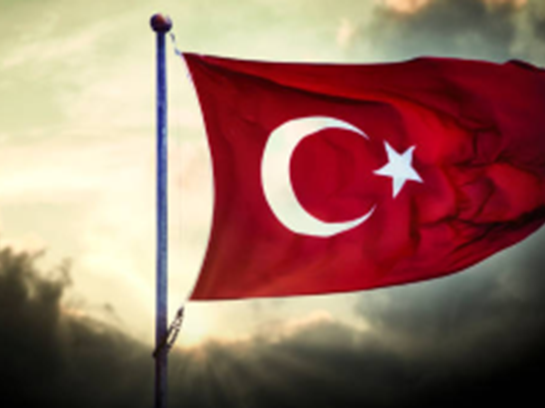Home
//
Thought Leadership//
Can Defeat be Averted for Erdogan and the AKP in Türkiye’s General Elections?

President Recep Erdogan and the Justice and Development Party (AKP) have dominated Türkiye’s politics for over 20 years, driven by an election formula of strong economic growth and empowerment of the religious conservative section of the population. In the last decade, the economic part of that formula has stalled: GDP per capita stood at USD 12,500 in 2013 but had fallen to USD 9,600 in 2021.
Given this long-term decline in overall living standards alongside substantial headwinds from inflation at over 40%, a depreciating Lira, a unified opposition behind Kemal Kilicdaroglu and general fatigue at their continued rule since 2002, by most conventional metrics, President Erdogan and the AKP should be facing defeat on May 14th. The AKP’s period of dominance followed a year of economic crisis and the 1999 Izmit earthquake, a historical omen that is unlikely to be lost on the party’s leadership.
Yet the most remarkable feature of Türkiye’s political situation ahead of this Sunday’s election is the seeming resilience of the President’s core support, with Mr Erdogan retaining the support of around 45% of the populace, according to polling. The strength of President Erdogan’s support centres on the long-term commitment of a sizable proportion of the Türkiye’s rural population to the AKP for a mixture of ideological and economic reasons, which have not yet been entirely overturned. President Erdogan’s unorthodox economic policies, as most clearly demonstrated by low-interest rates in the face of rampant inflation, retain a clear political rationale.
A hypothetical core AKP voter in rural Türkiye has likely benefited from access to cheap credit and, with few savings, is relatively less exposed to very high inflation than the headline figure would suggest. Further, as demonstrated in recent weeks, President Erdogan retains the ability to offer this group further economic insulation, promising free natural gas and substantial increases in public sector pay. Running the economy hot has also helped keep unemployment relatively steady compared to recent years at 10% as of March 2023. Long-term deterioration of Türkiye’s economic fundamentals may well impact the AKP’s support, but it is unclear whether this will be felt at this year’s elections.
Most analysts expect that the Presidential election will go to a second round on May 28th, with neither Mr Erdogan nor Mr Kilicdaroglu achieving more than 50% of the vote on Sunday. Overall, we agree with this assessment but consider the potential of a first-round victory for President Erdogan to be under-priced. In the 2018 election, President Erdogan won 52.5% of the vote compared to the Republican People’s Party candidate (CHP) at 30.7% despite similar, albeit less severe, economic challenges. No attempt this time round has been made to seek a quick morale-boosting “victory” against Kurdish forces in Syria, replicating the strategy ahead of the 2018 election. Yet, similar fundamentals in both elections remain at play.
If the presidential election does go to a second round on May 28th or the opposition does achieve victory in the first round, however, the focus will turn to authoritarian overreach by the AKP. These concerns centre on the extent to which the AKP have consolidated their control over state institutions, particularly following the weakening of the armed forces, the main historical power of Türkiye’s politics following the attempted coup d’état of 2016.
Those concerned about state interference point to the government’s controversial annulment of the first set of results from the 2019 Istanbul Mayoral election won by a Republican People’s Party (CHP) candidate. Others worry about the potential part Türkiye’s police forces might have. Seen as broadly loyal to the AKP, they notably failed to act against pro-government supporters attacking an opposition rally in the eastern city of Erzurum in early May. Fundamental is likely President Erdogan’s evaluation of whether he can afford to lose this election, given the assumption that the opposition may attempt to prosecute him and affiliated figures over corruption or abuse of power charges if he loses power.
President Erdogan remains a formidable political operator, and the AKP has developed a political model that has proven able to overcome unfavourable economic headwinds at prior elections. Doing so again, however, will be an exceptional challenge.
Axco is the leading supplier of global insurance market information with over 55 years’ experience in researching and publishing industry intelligence on insurance and employee benefits. Its unique business model and methods of research have enabled the development of an extensive suite of products comprising in-depth reports, focused profiles, Q&A databases, intelligent questioning tools, and email services which are delivered to every corner of the globe.